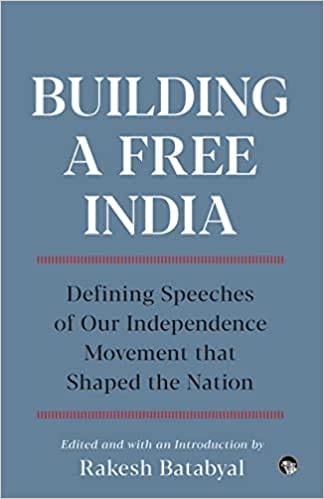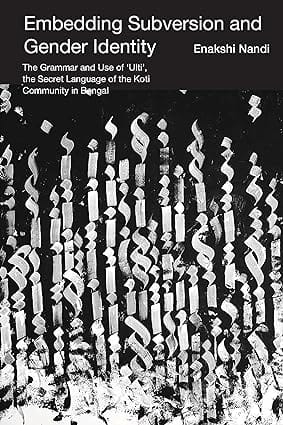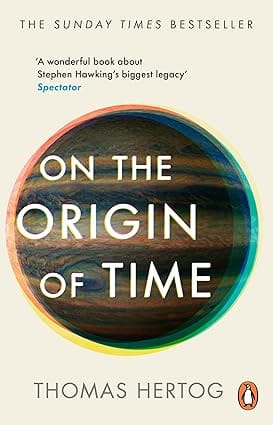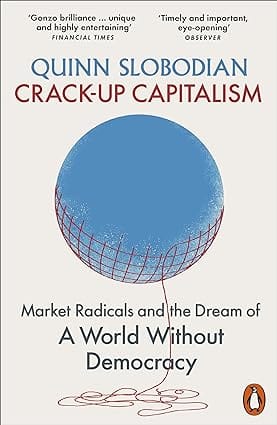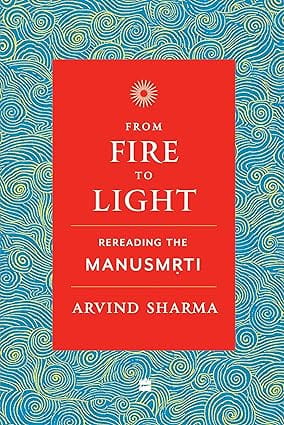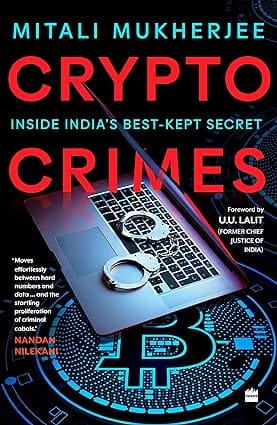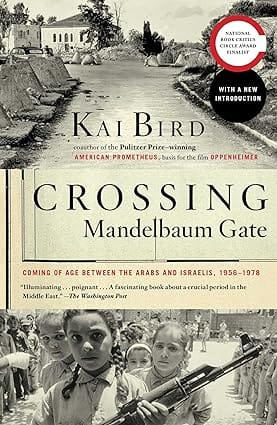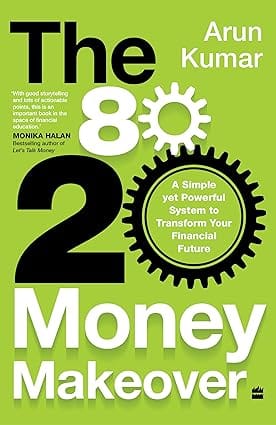-
Contemporary Fiction
- Contemporary Fiction
-
Children
- Children
-
Comics & Graphic Novels
- Comics & Graphic Novels
-
Non-Fiction
- Non-Fiction
-
Fiction
- Fiction
As the Indian independence movement progressed—from the economic critique of colonial rule by the early nationalists, to the unequivocal demand for Purna Swaraj and the immense moral authority of the Mahatma Gandhi-led resistance—the notion of an equal society that ensured dignity to all— irrespective of caste, class, gender or religion—came to occupy a central place in it. By the time the Constituent Assembly met in December 1946, not just civil rights, but the particular rights of women, of minorities, of the Depressed Classes and the Adivasis were being articulated and demanded, not as favours but as a matter of course. As the editor of this volume writes in his brilliant introduction, the effect of the speeches delivered by the leaders of our national movement was to focus ‘political action towards scripting an ennobling nationalism that would give us a just and equal society’.
Building a Free India brings together these landmark speeches delivered over roughly a century by the leading lights of the national movement—from Naoroji, Surendranath Banerjee, Bhikaiji Cama, Lajpat Rai and Tilak, to Gandhi, Nehru, Ambedkar, Bose, Sarojini Naidu and Maulana Azad—as well as a range of lesser-known but equally remarkable figures. This unprecedented collection is not only an invaluable history of our freedom movement but also of the ideas of universal equality, dignity and justice that are—and must always remain—at the root of our democracy.
About the Author
Rakesh Batabyal teaches the history, theory and philosophy of media at the Centre for Media Studies, JNU. A scholar of modern history, his books, Communalism in Bengal (2005), JNU: The Making of a University (2015), and The Modern School (1920–2020) (2020) , have provided a framework for the writing of the history of ideology and institutions in modern India. His The Penguin Book of Modern Indian Speeches (2007) is widely accepted as the most important work in the genre. The Inaugural Indian Chair Professor at the School of Information Studies, Tokyo University, Batabyal is presently working on a book on the history of nationalism in India.
- Home
- Non-Fiction
- Building A Free India Defining Speeches Of Our Independence Movement That Shaped The Nation
Building A Free India Defining Speeches Of Our Independence Movement That Shaped The Nation
SIZE GUIDE
- ISBN: 9789354473579
- Author: Rakesh Batabyal
- Publisher: Speaking Tiger
- Pages: 368
- Format: Paperback
Book Description
As the Indian independence movement progressed—from the economic critique of colonial rule by the early nationalists, to the unequivocal demand for Purna Swaraj and the immense moral authority of the Mahatma Gandhi-led resistance—the notion of an equal society that ensured dignity to all— irrespective of caste, class, gender or religion—came to occupy a central place in it. By the time the Constituent Assembly met in December 1946, not just civil rights, but the particular rights of women, of minorities, of the Depressed Classes and the Adivasis were being articulated and demanded, not as favours but as a matter of course. As the editor of this volume writes in his brilliant introduction, the effect of the speeches delivered by the leaders of our national movement was to focus ‘political action towards scripting an ennobling nationalism that would give us a just and equal society’.
Building a Free India brings together these landmark speeches delivered over roughly a century by the leading lights of the national movement—from Naoroji, Surendranath Banerjee, Bhikaiji Cama, Lajpat Rai and Tilak, to Gandhi, Nehru, Ambedkar, Bose, Sarojini Naidu and Maulana Azad—as well as a range of lesser-known but equally remarkable figures. This unprecedented collection is not only an invaluable history of our freedom movement but also of the ideas of universal equality, dignity and justice that are—and must always remain—at the root of our democracy.
About the Author
Rakesh Batabyal teaches the history, theory and philosophy of media at the Centre for Media Studies, JNU. A scholar of modern history, his books, Communalism in Bengal (2005), JNU: The Making of a University (2015), and The Modern School (1920–2020) (2020) , have provided a framework for the writing of the history of ideology and institutions in modern India. His The Penguin Book of Modern Indian Speeches (2007) is widely accepted as the most important work in the genre. The Inaugural Indian Chair Professor at the School of Information Studies, Tokyo University, Batabyal is presently working on a book on the history of nationalism in India.
User reviews
NEWSLETTER
Subscribe to get Email Updates!
Thanks for subscribing.
Your response has been recorded.

India's Iconic & Independent Book Store offering a vast selection of books across a variety of genres Since 1978.
"We Believe In The Power of Books" Our mission is to make books accessible to everyone, and to cultivate a culture of reading and learning. We strive to provide a wide range of books, from classic literature, sci-fi and fantasy, to graphic novels, biographies and self-help books, so that everyone can find something to read.
Whether you’re looking for your next great read, a gift for someone special, or just browsing, Midland is here to make your book-buying experience easy and enjoyable.
We are shipping pan India and across the world.
For Bulk Order / Corporate Gifting
 +91 9818282497 |
+91 9818282497 |  [email protected]
[email protected]
Click To Know More
INFORMATION
POLICIES
ACCOUNT
ADDRESS
Shop No.20, Aurobindo Palace Market, Near Church, New Delhi

